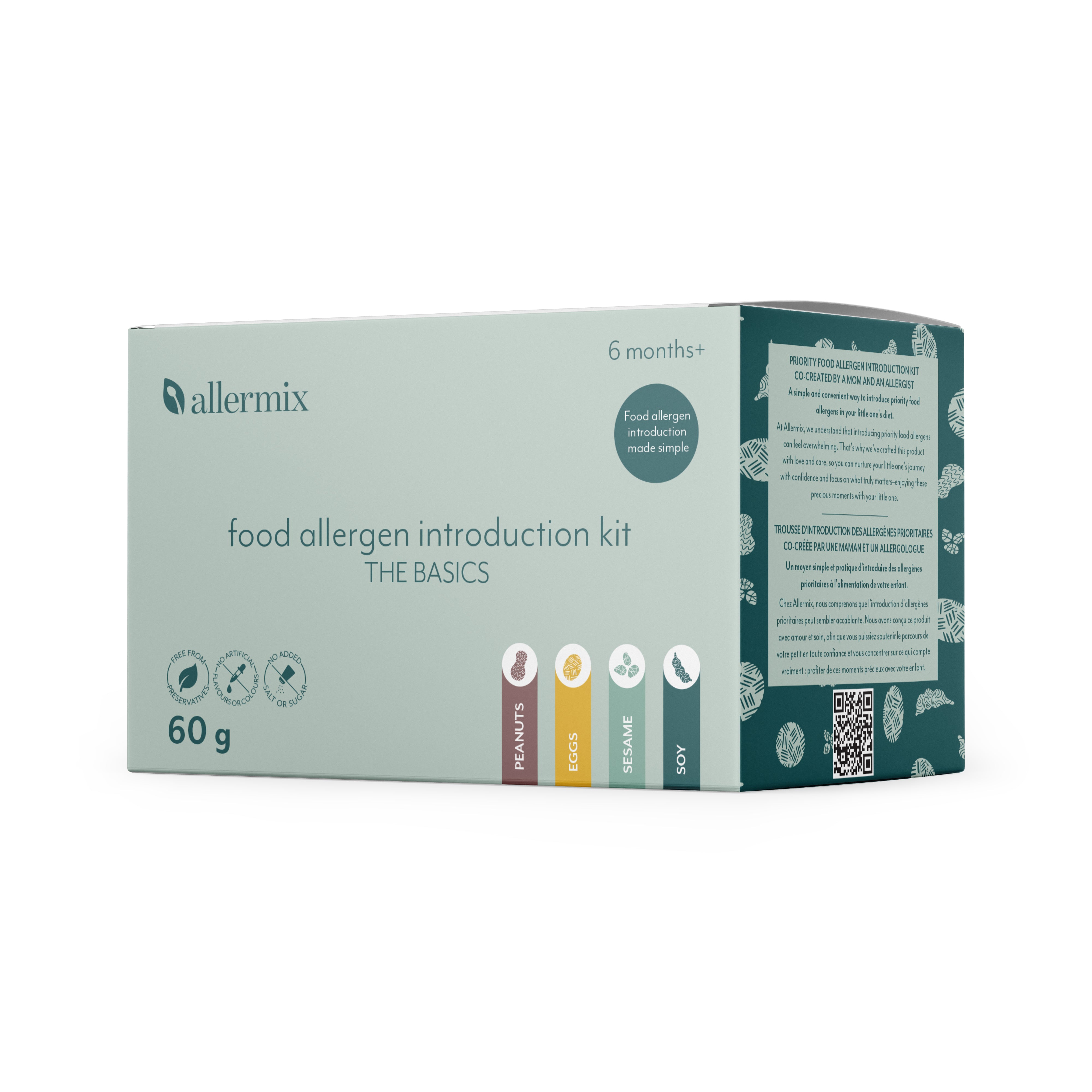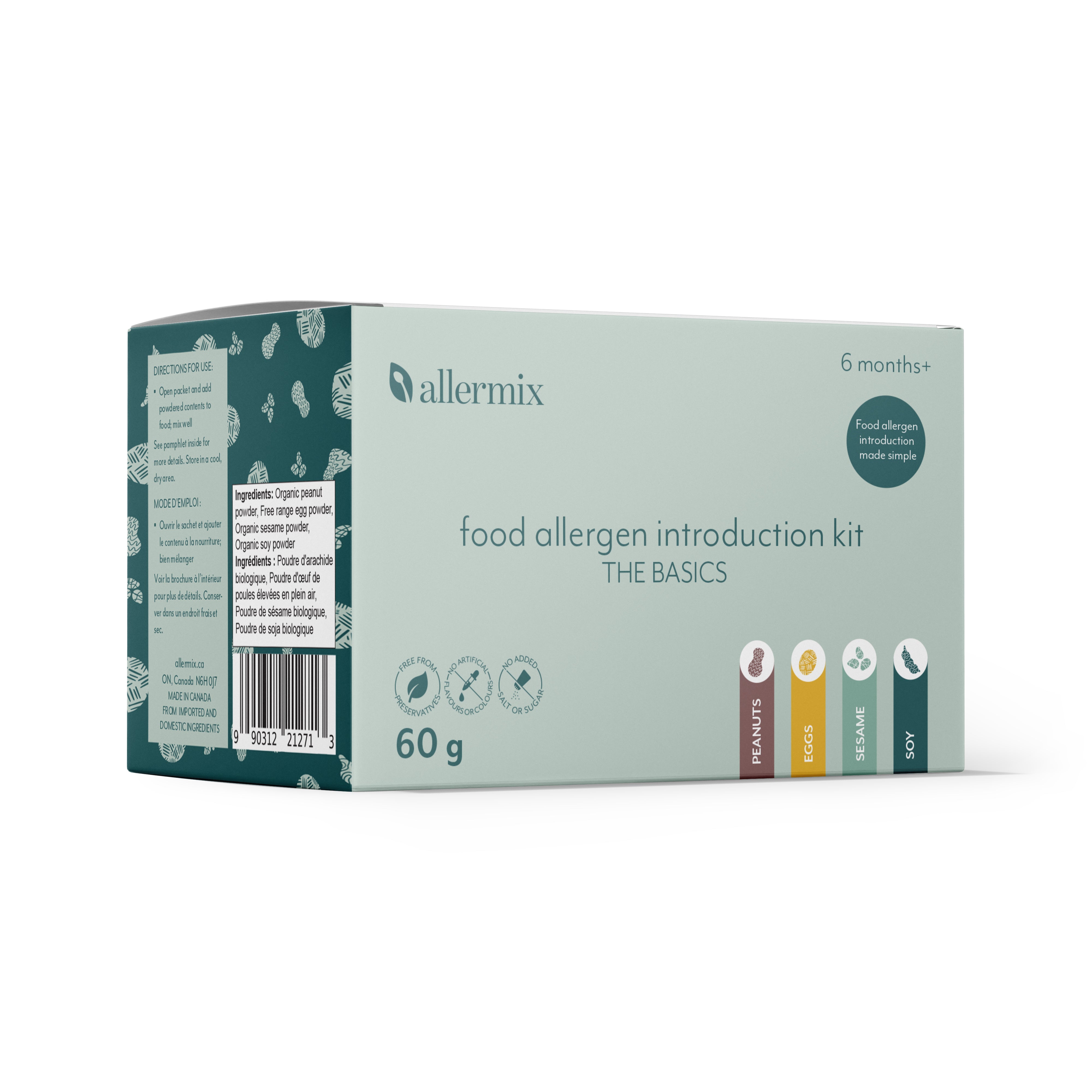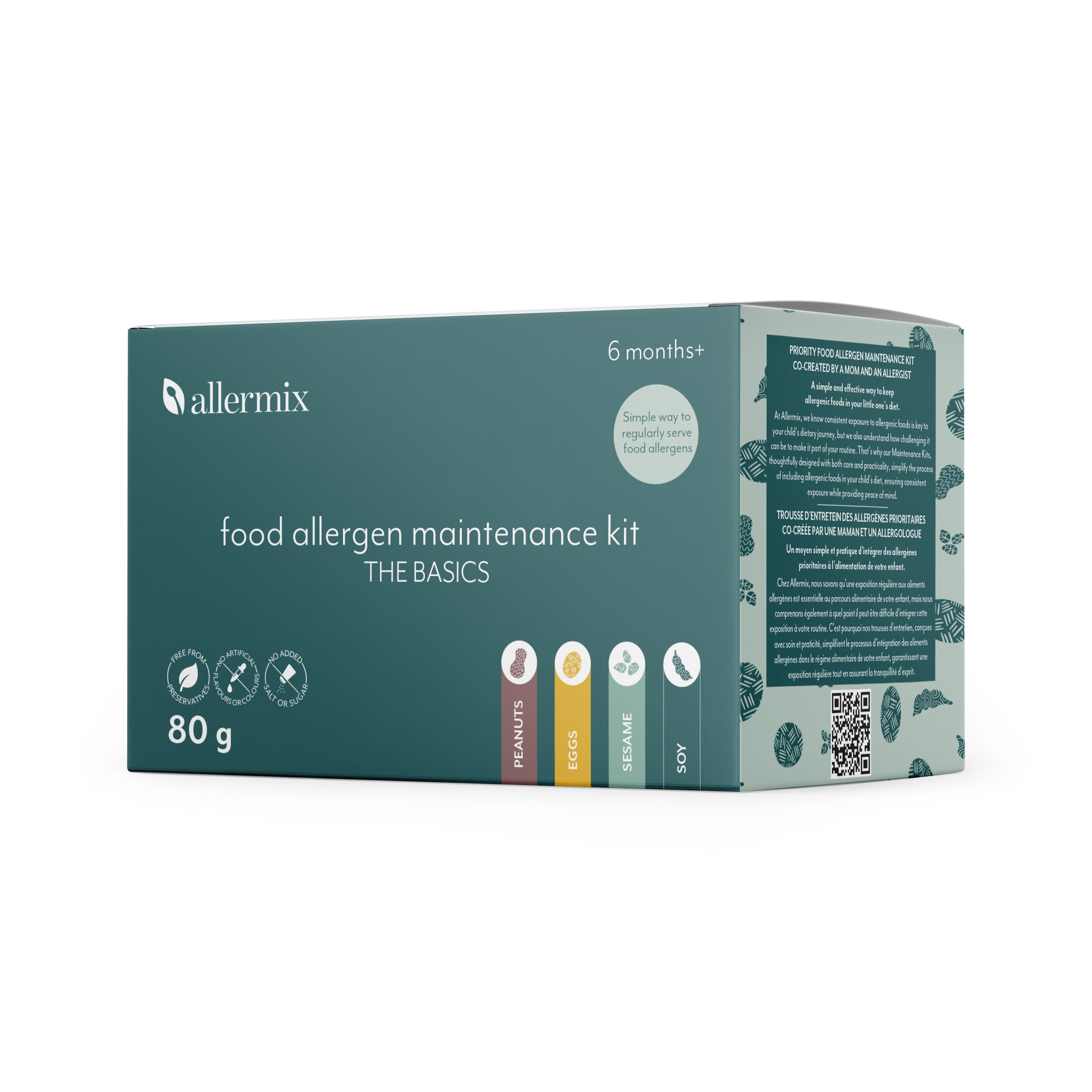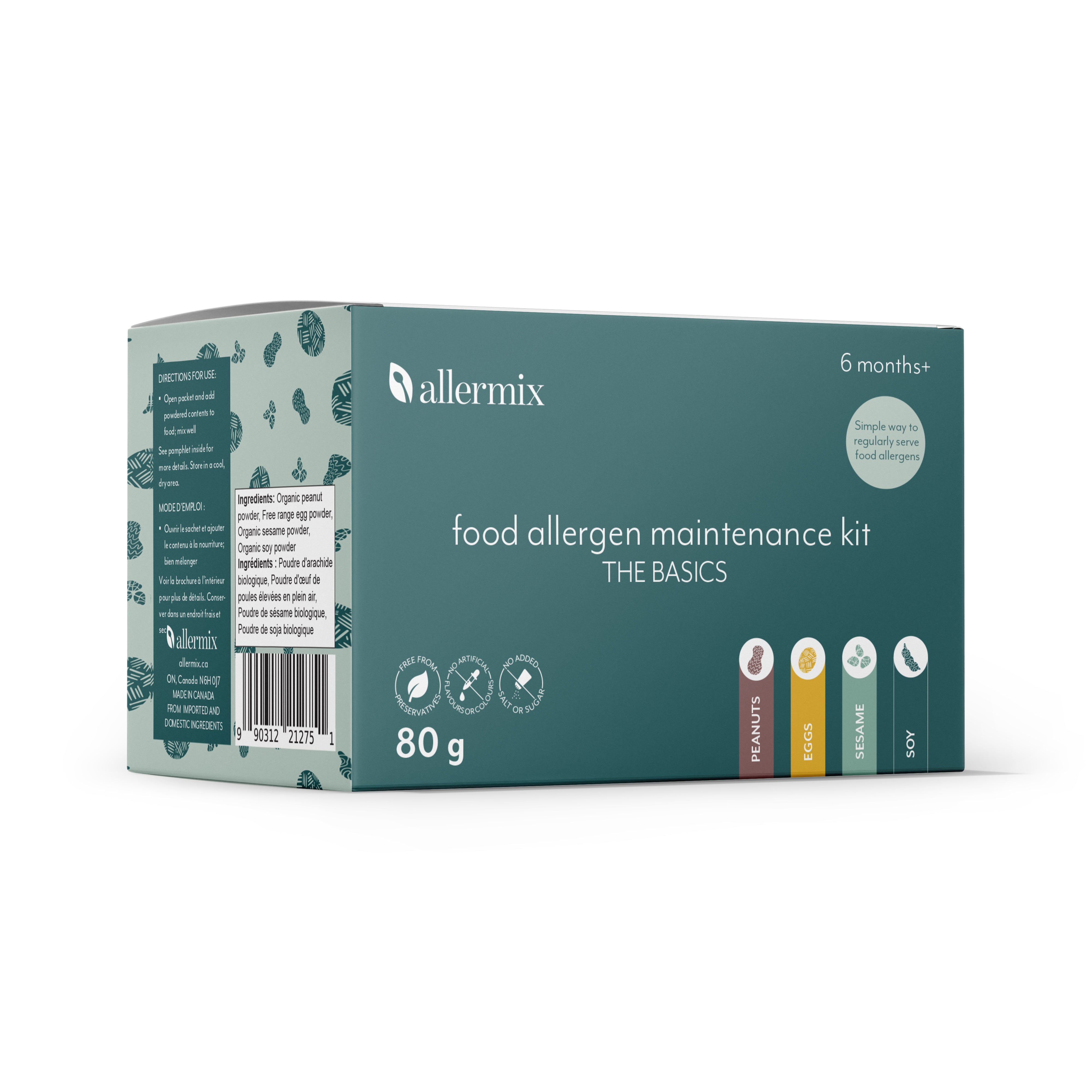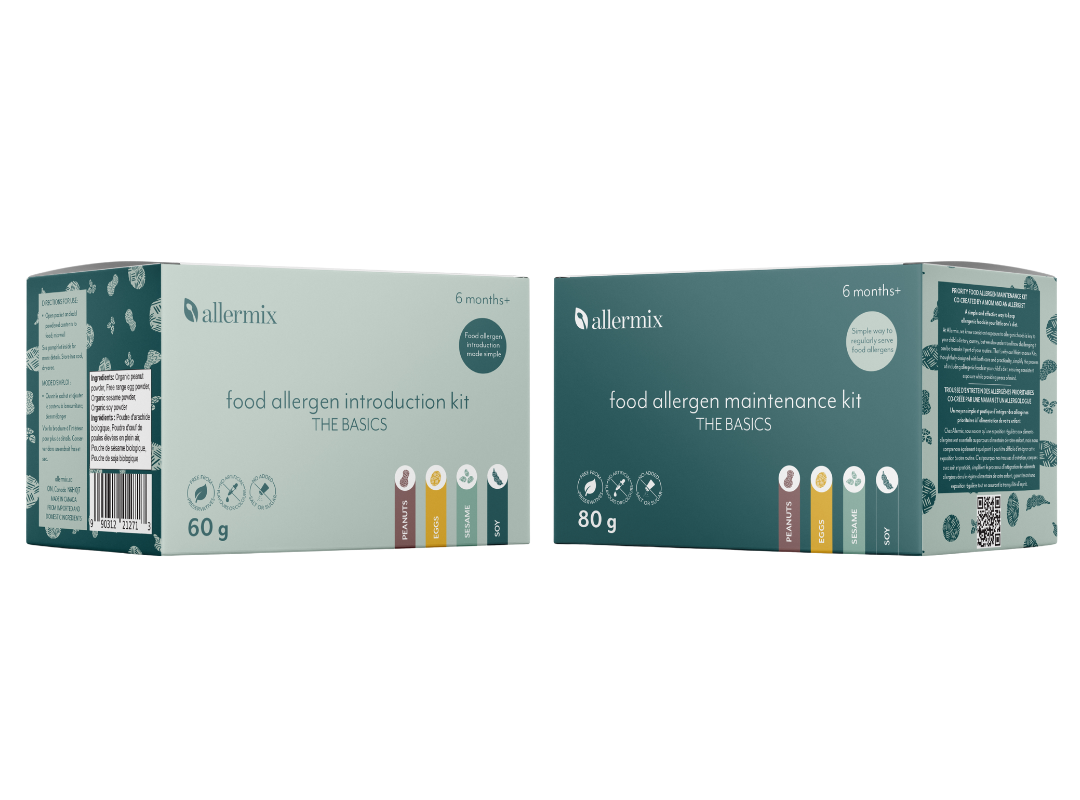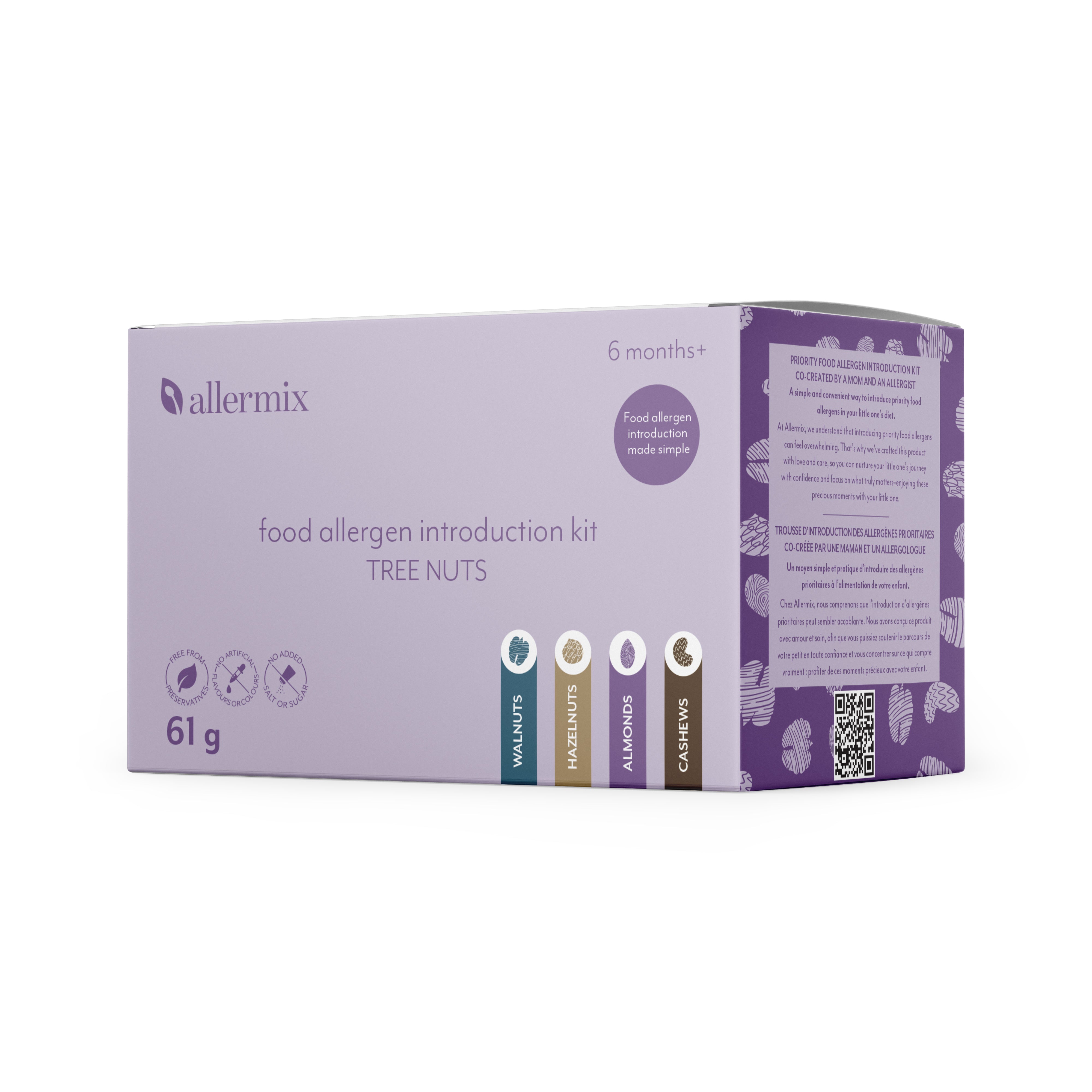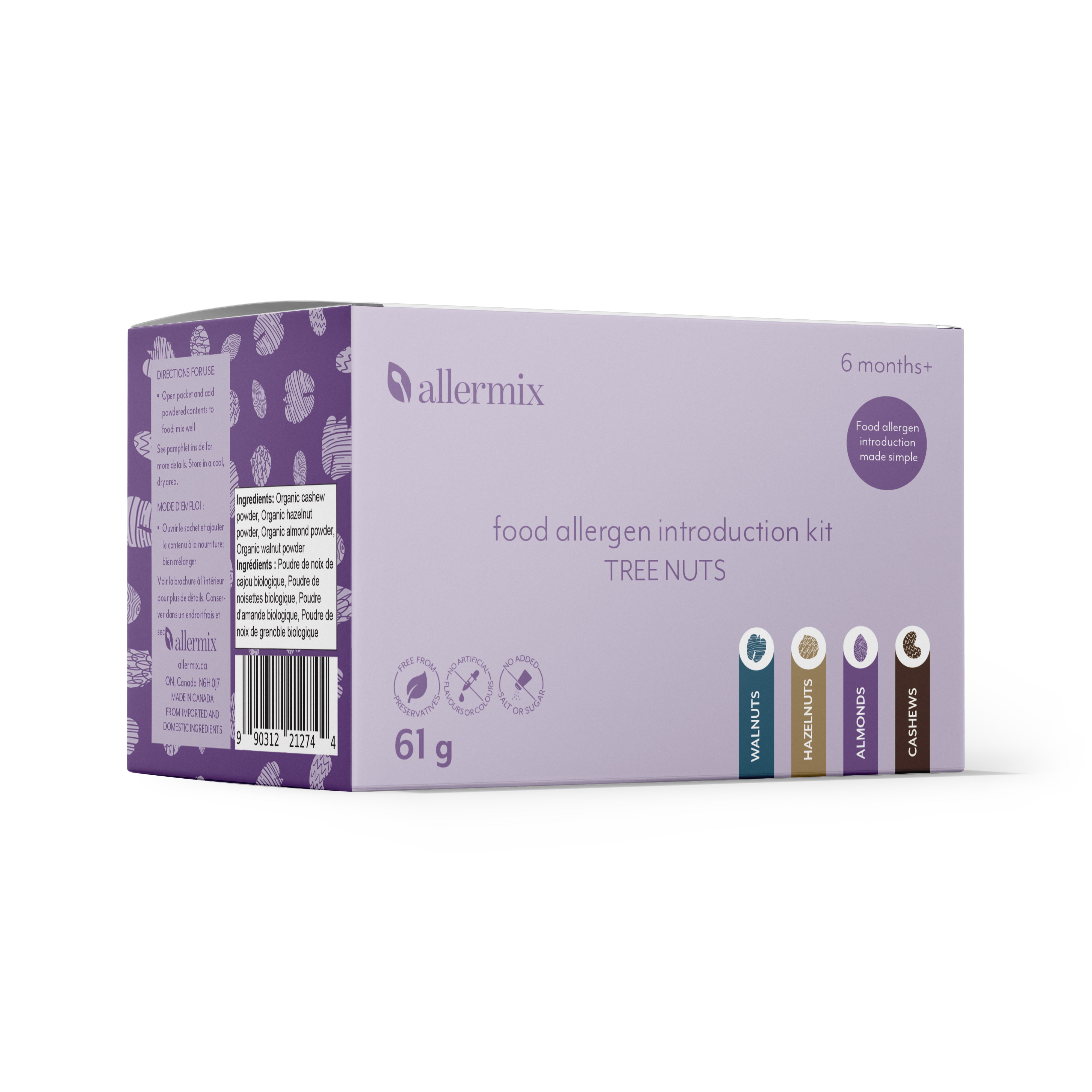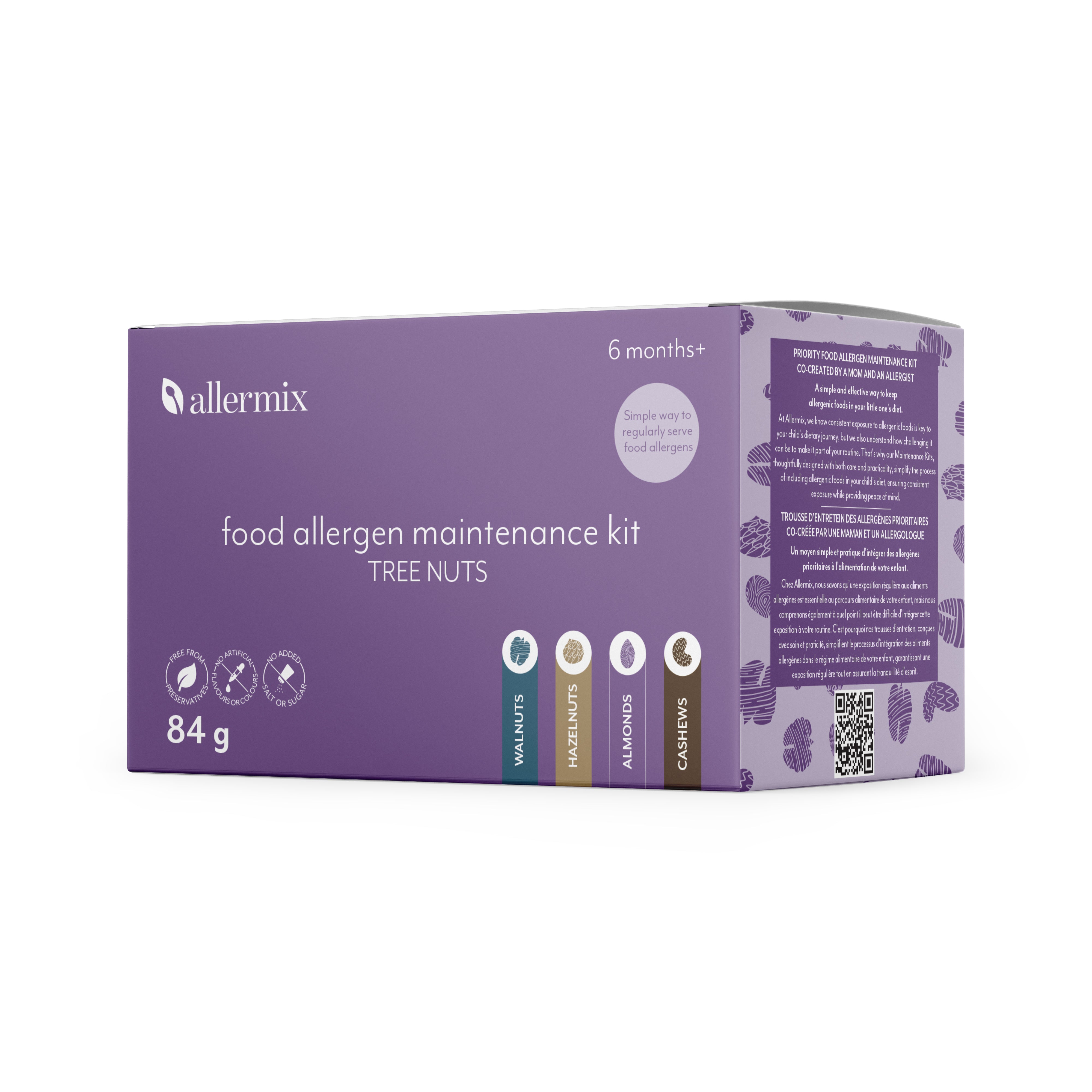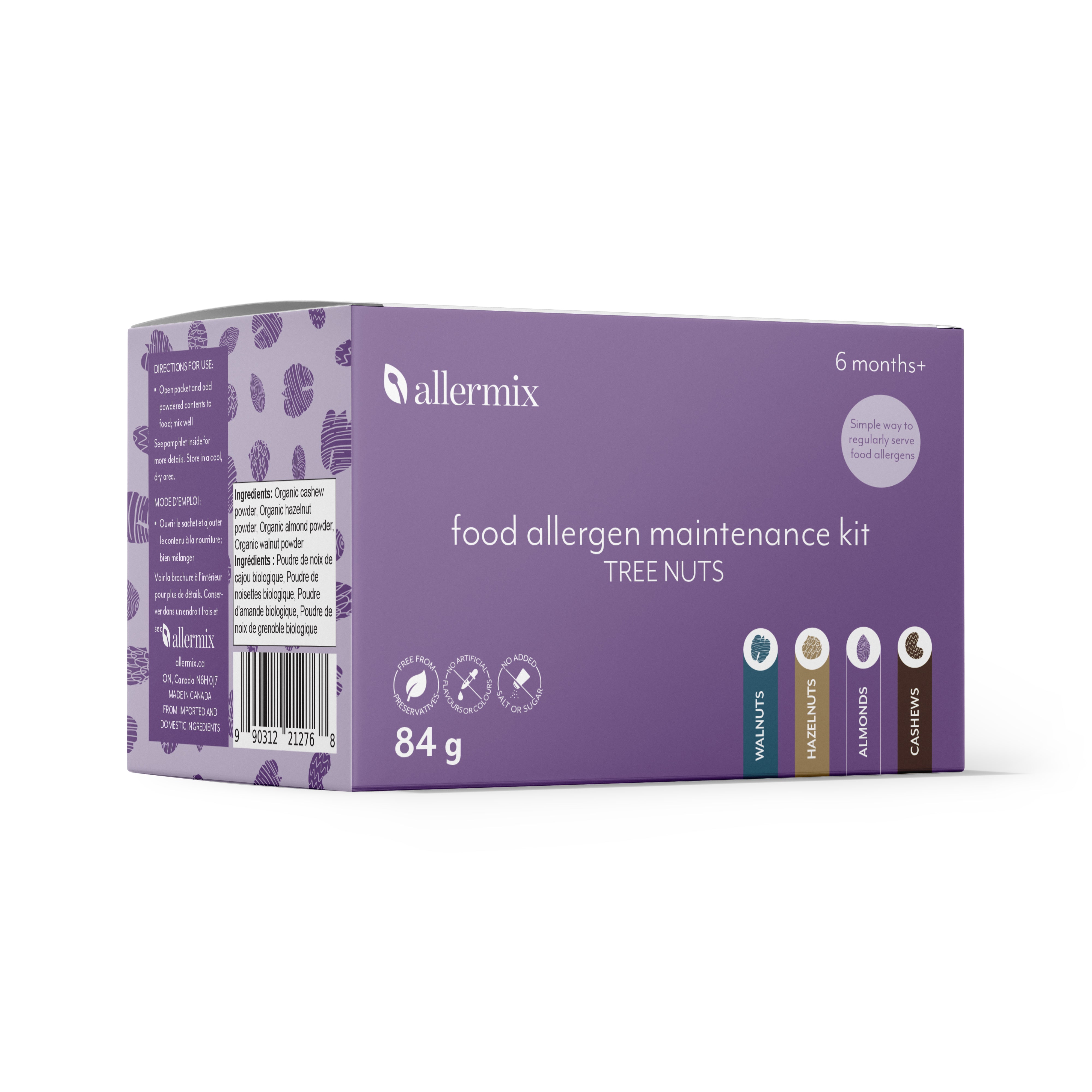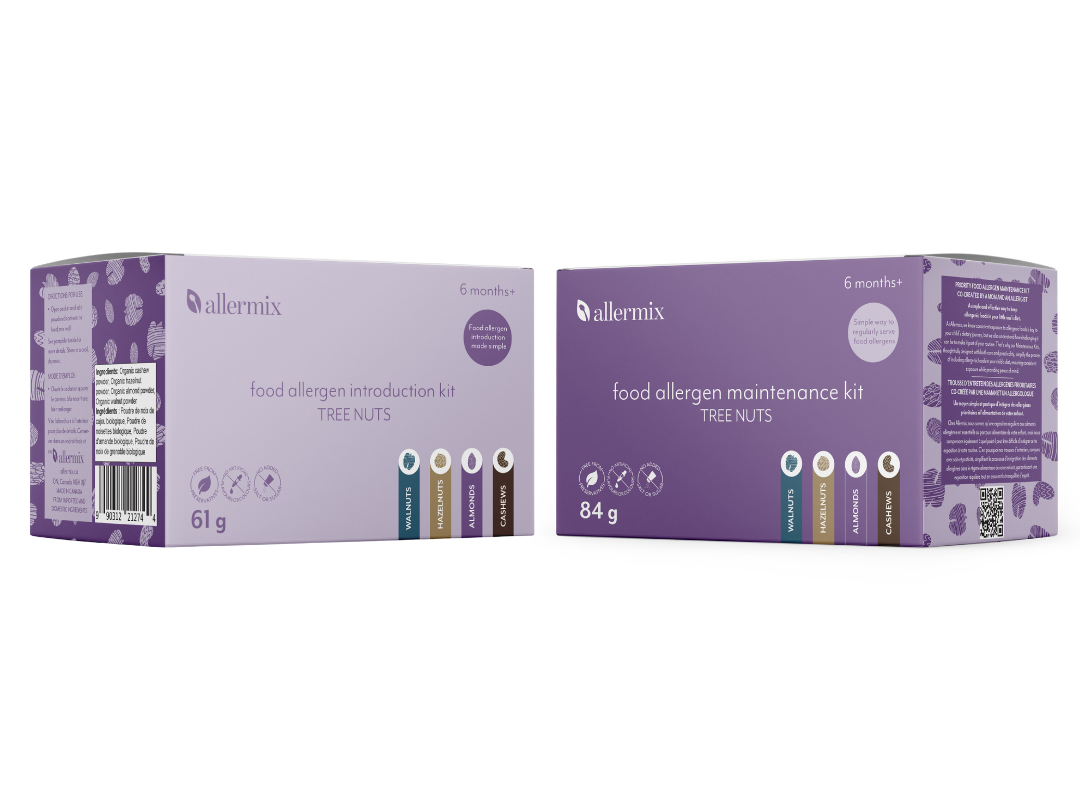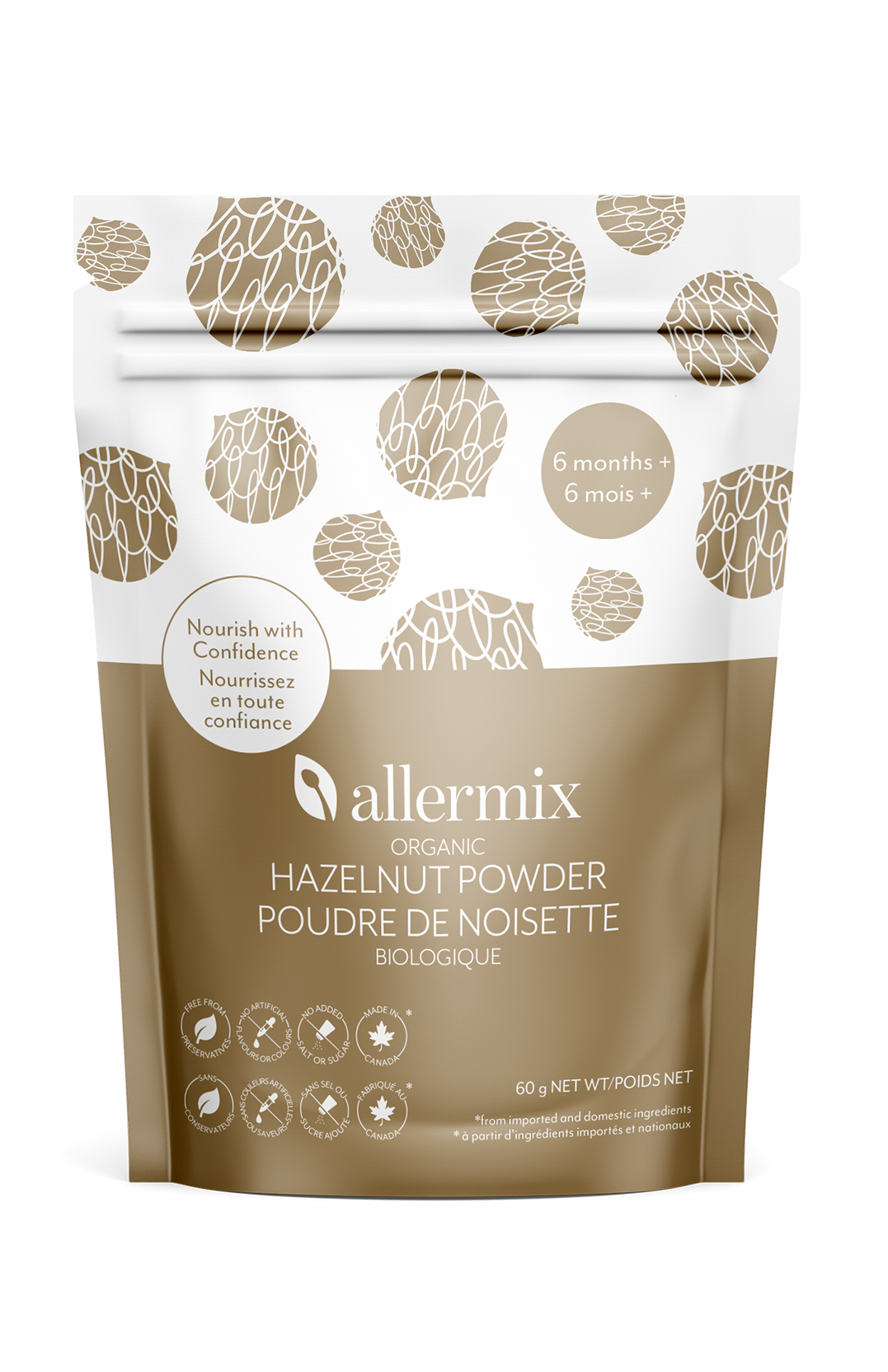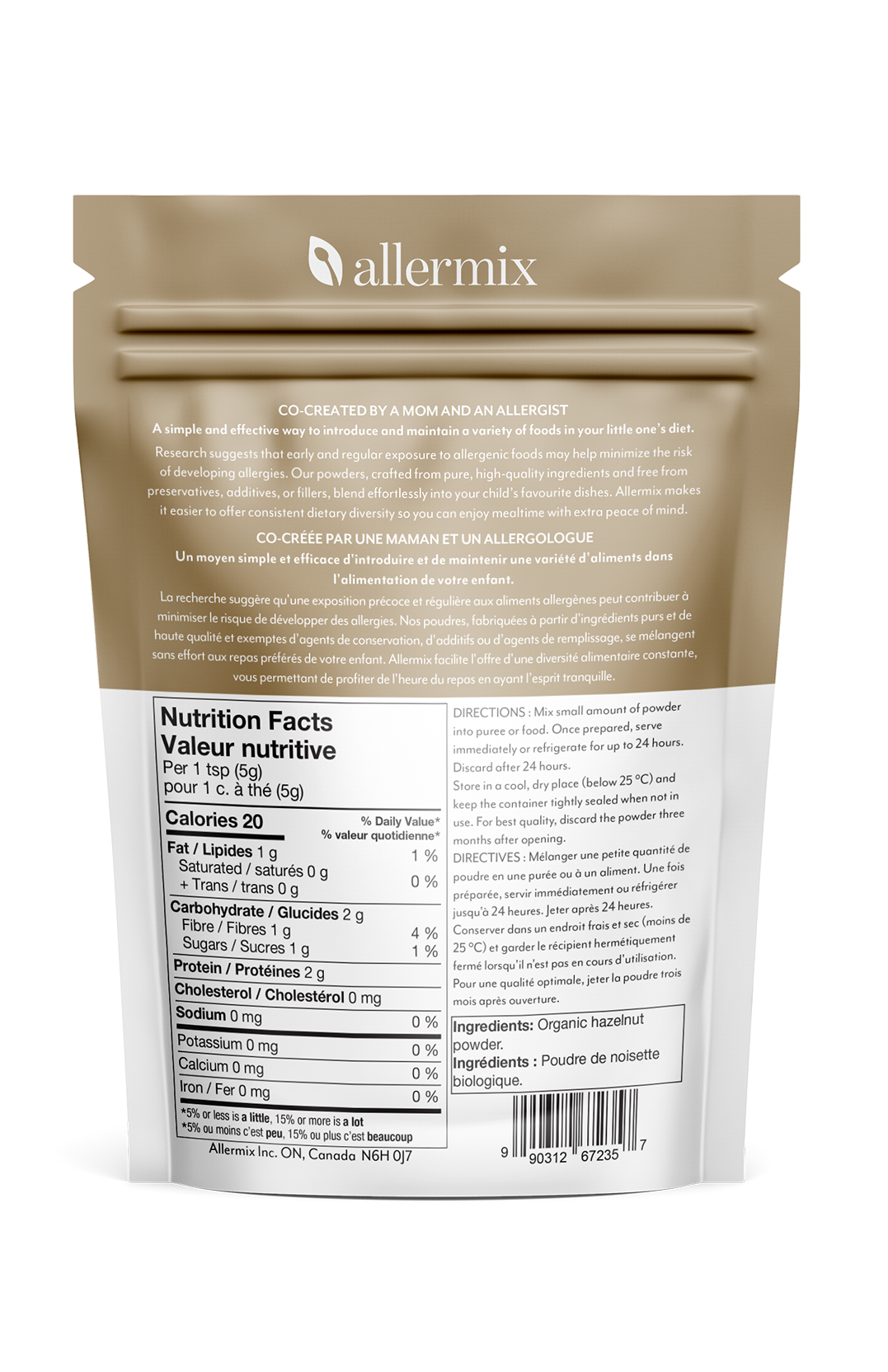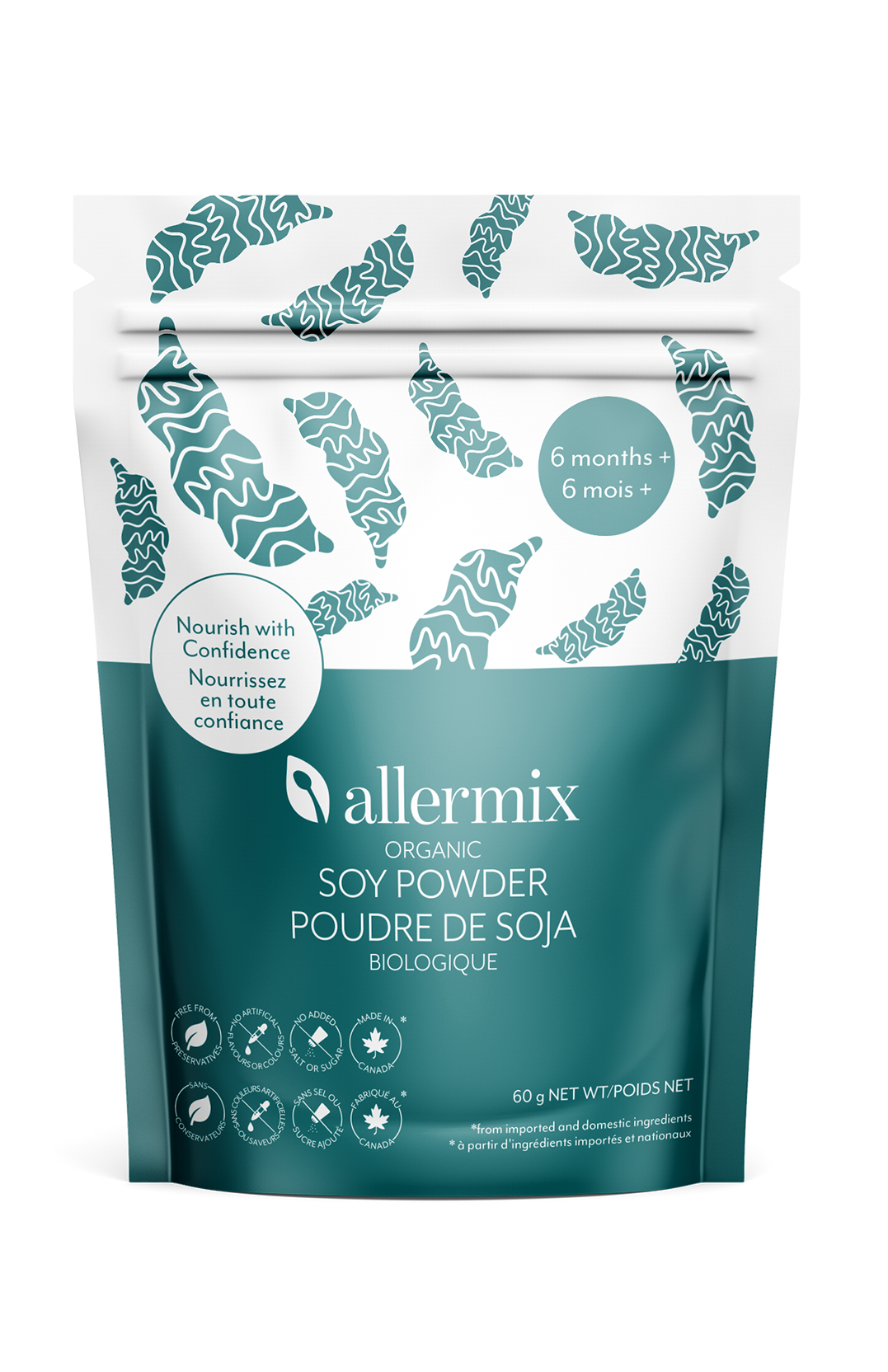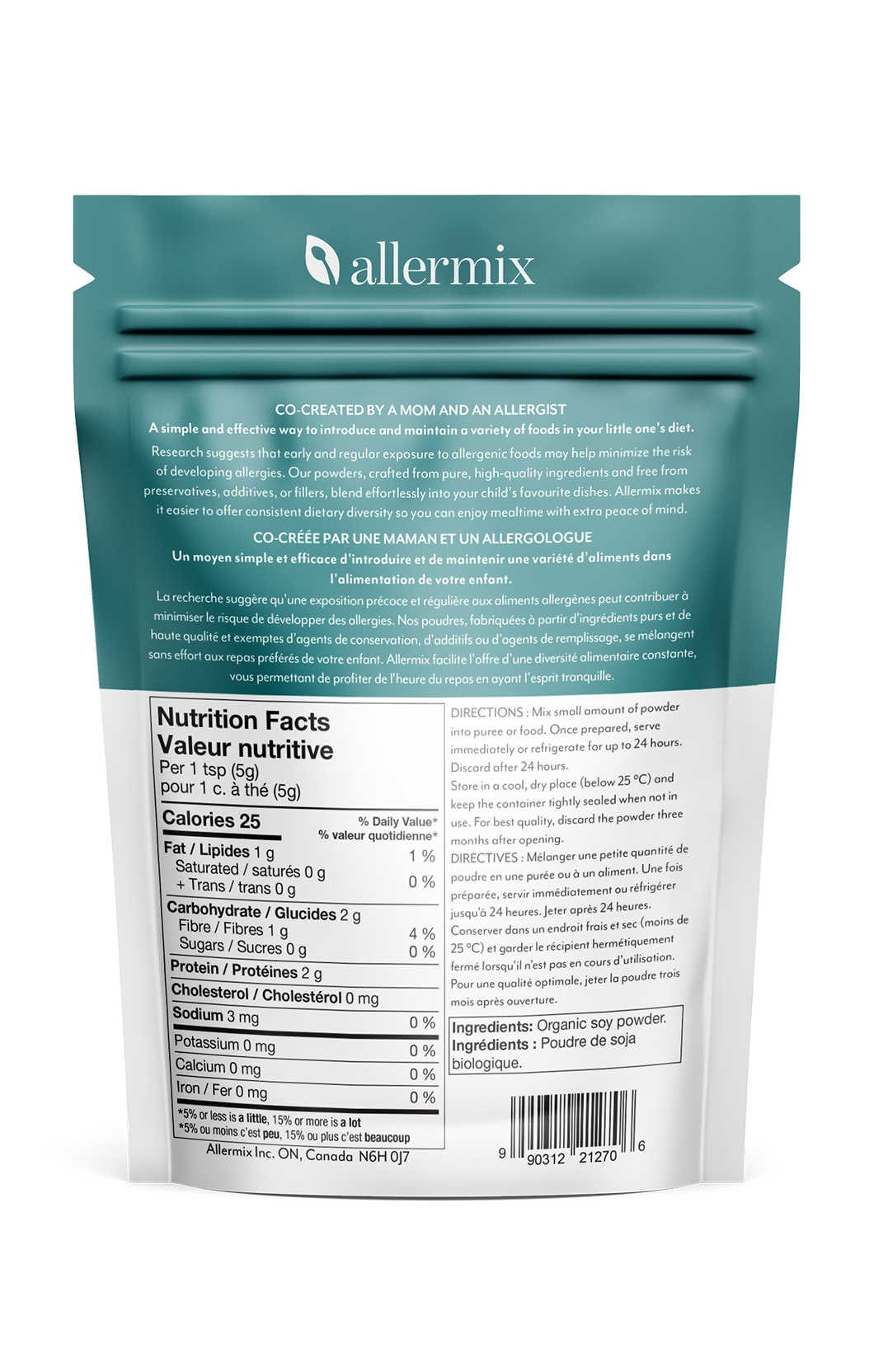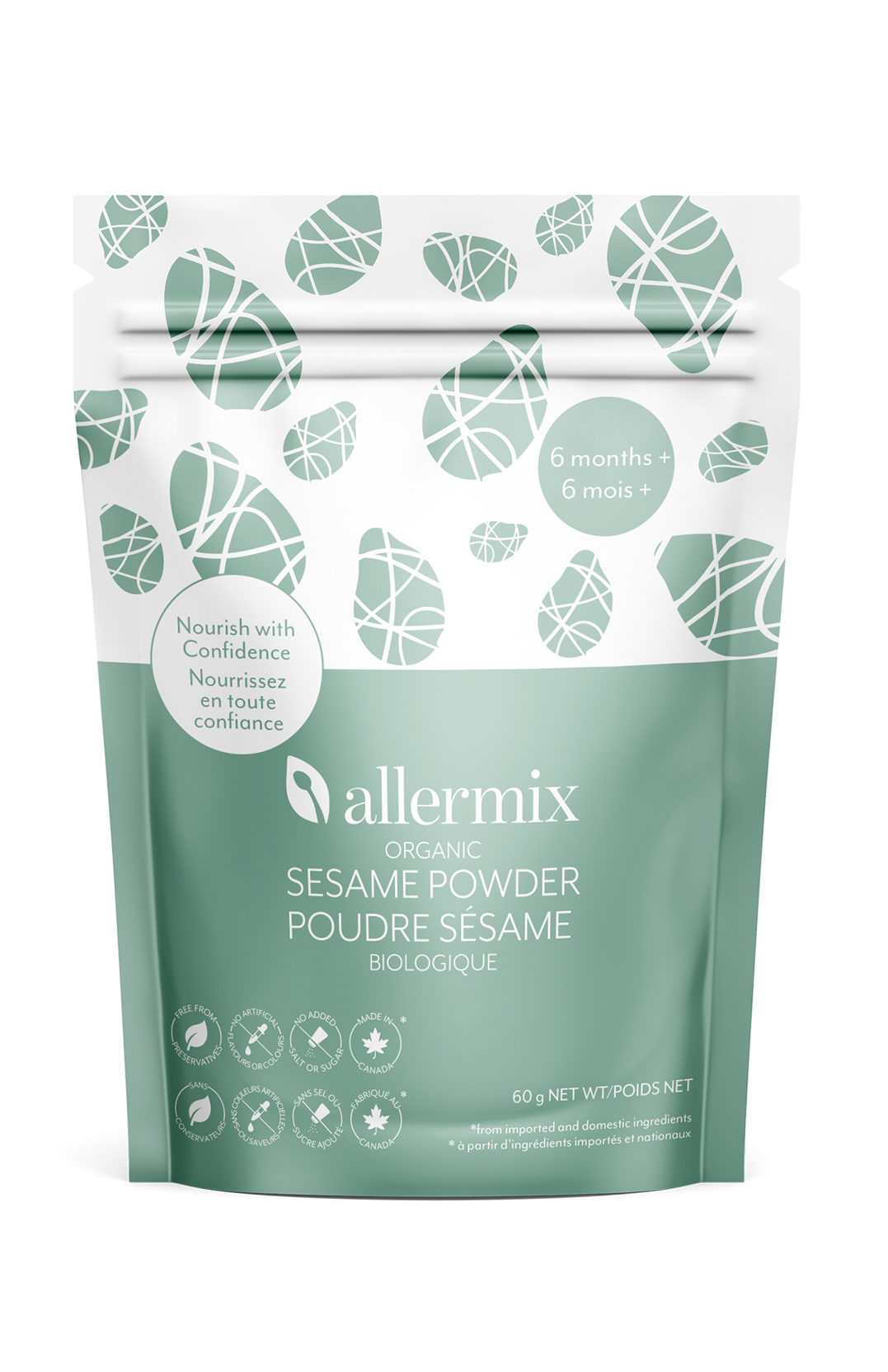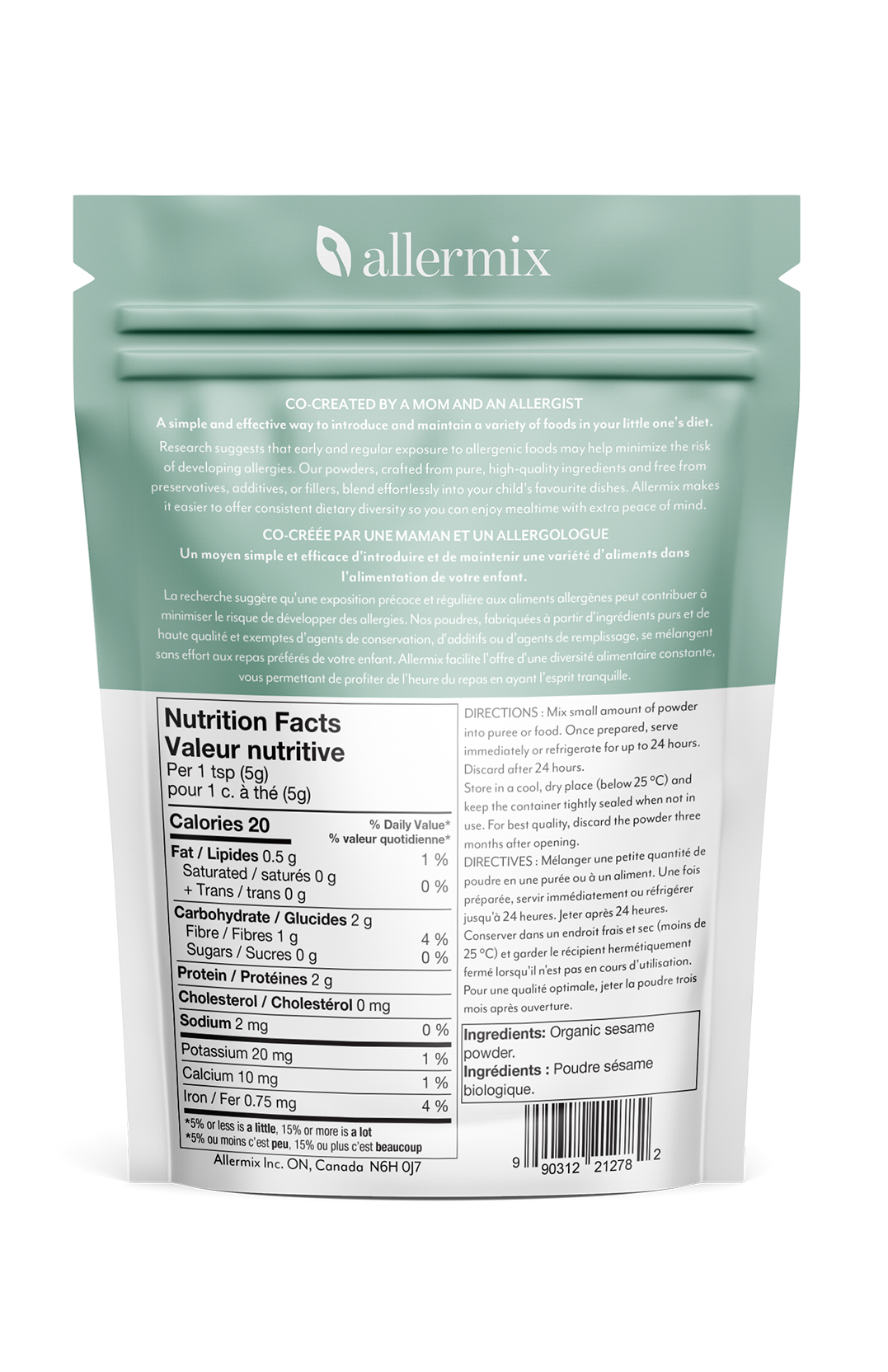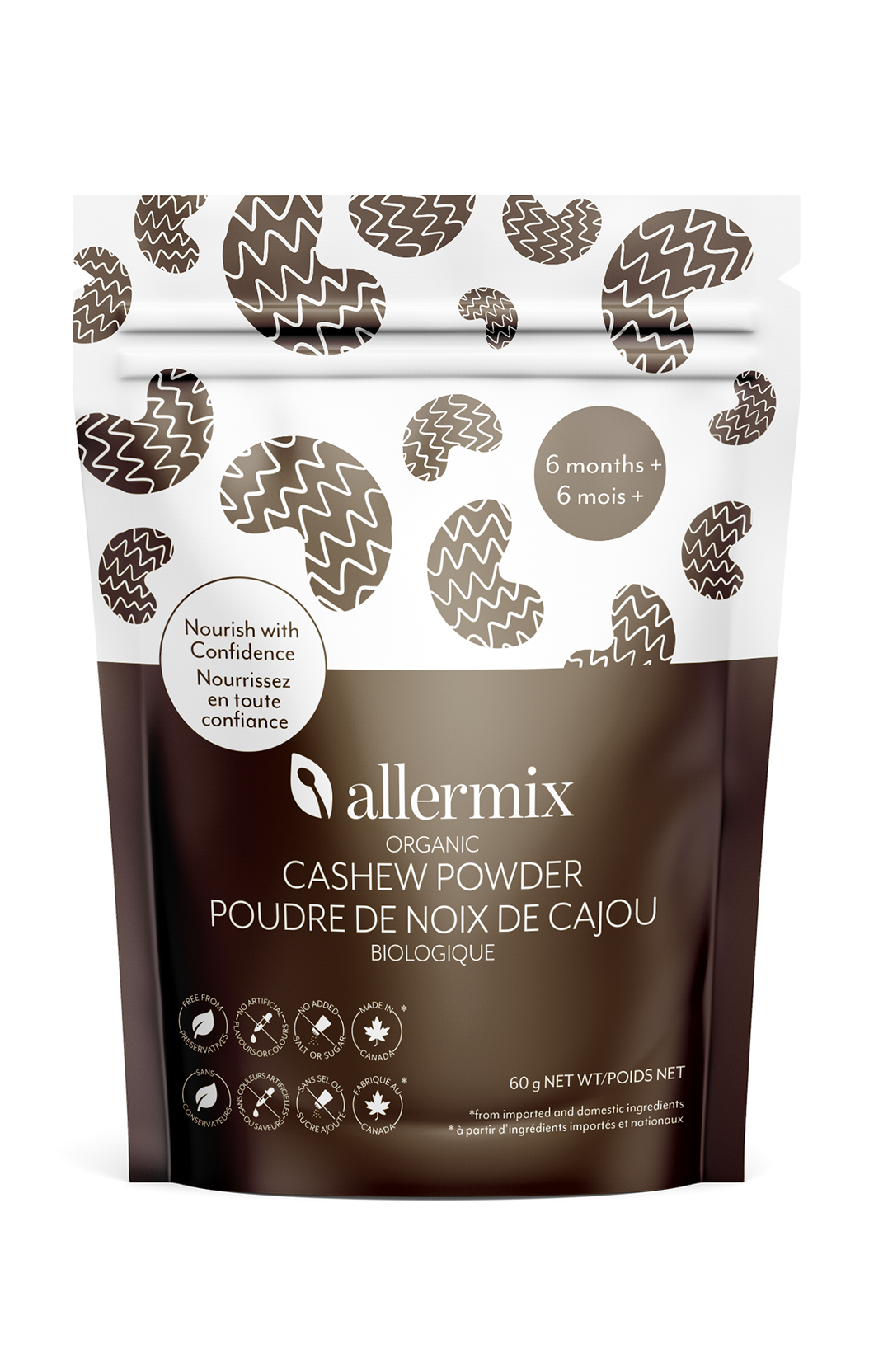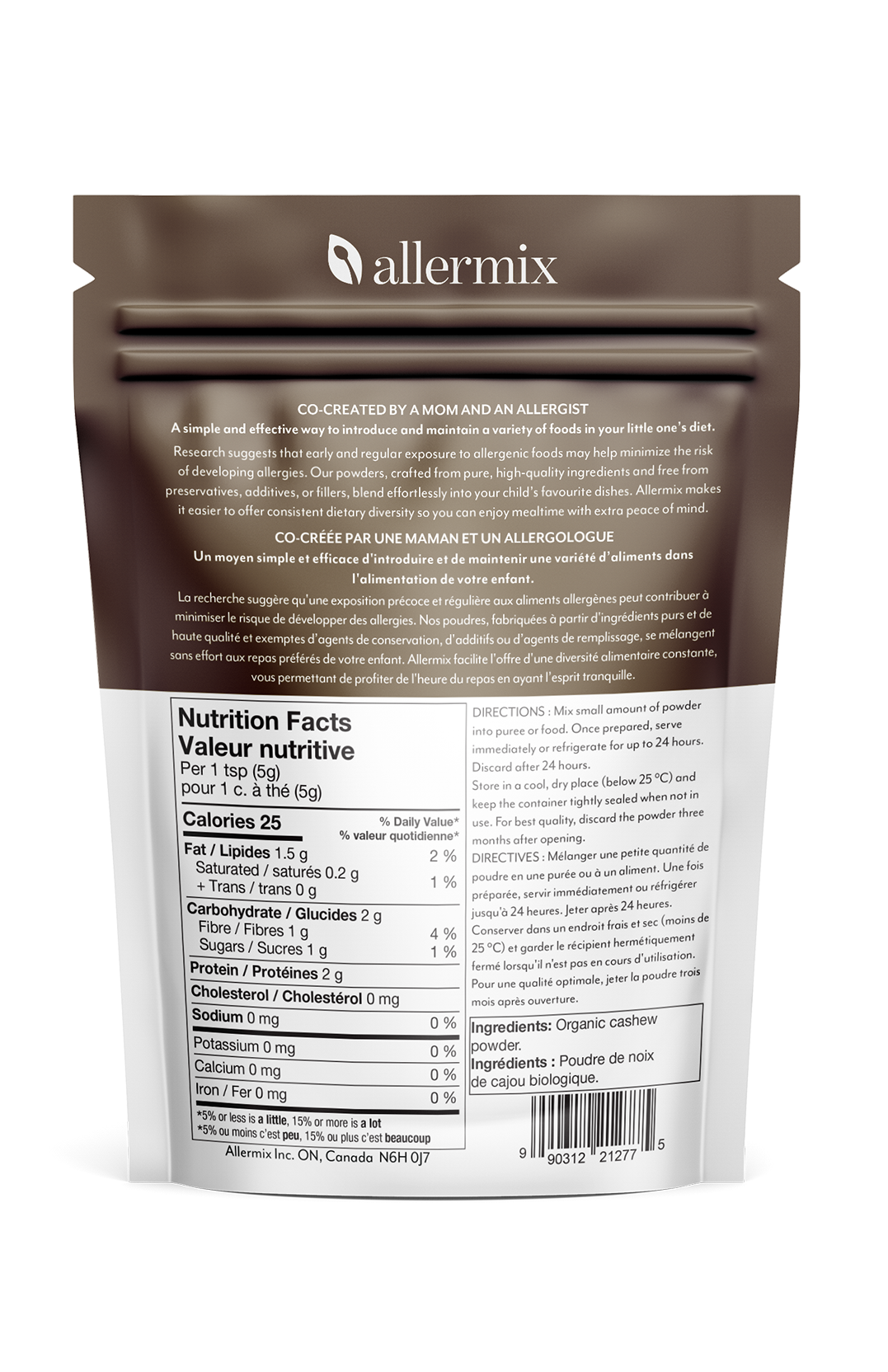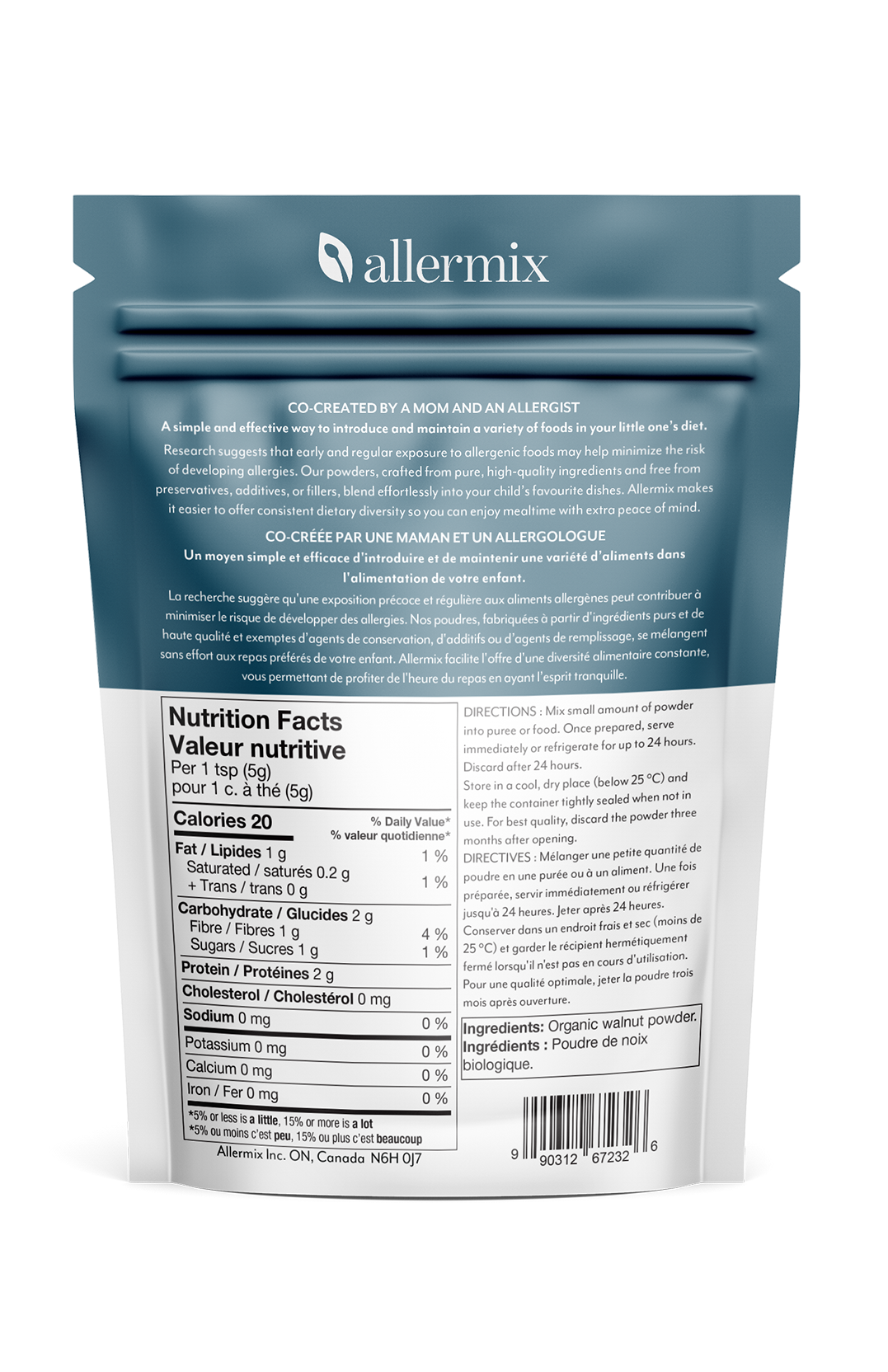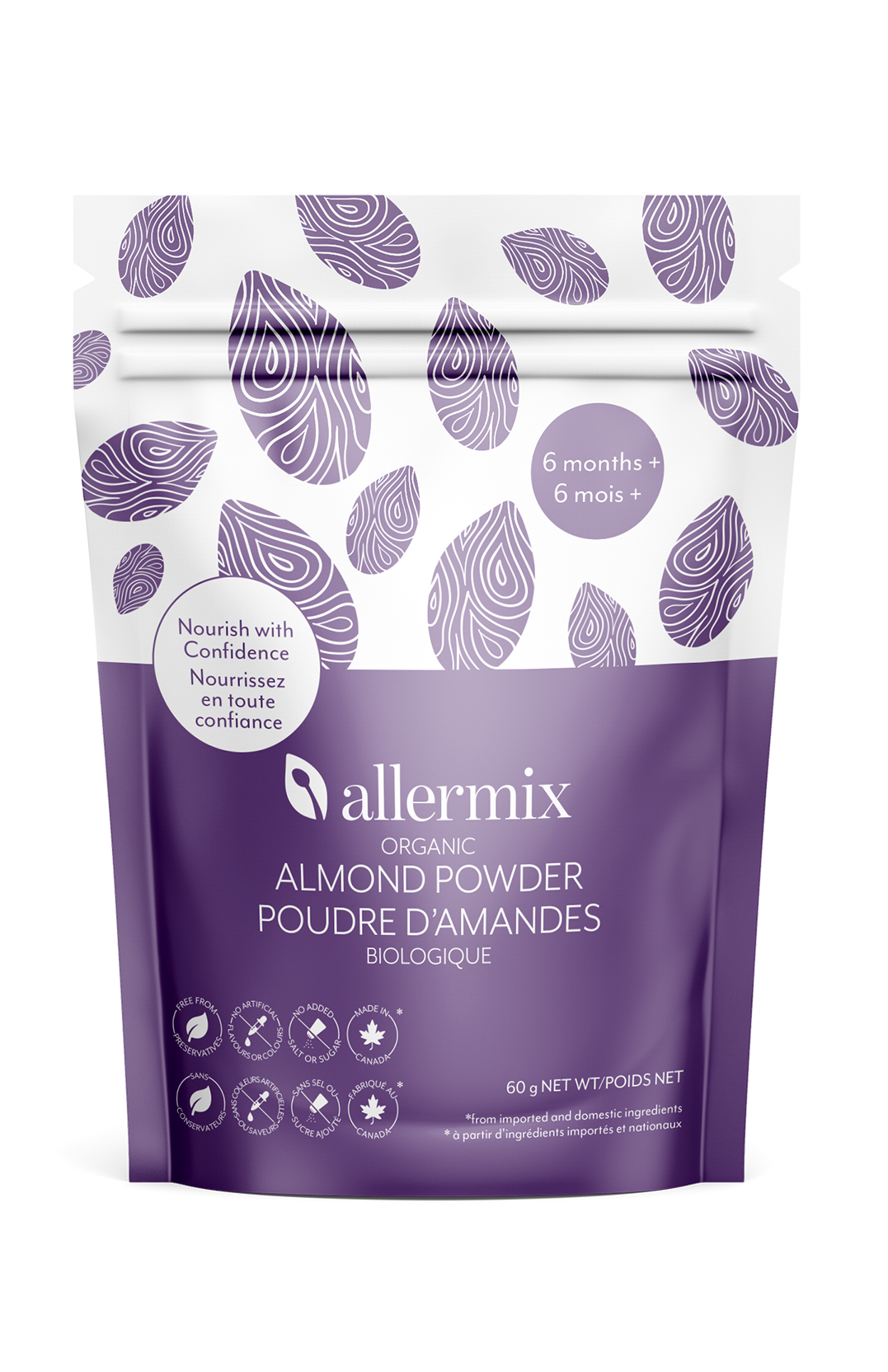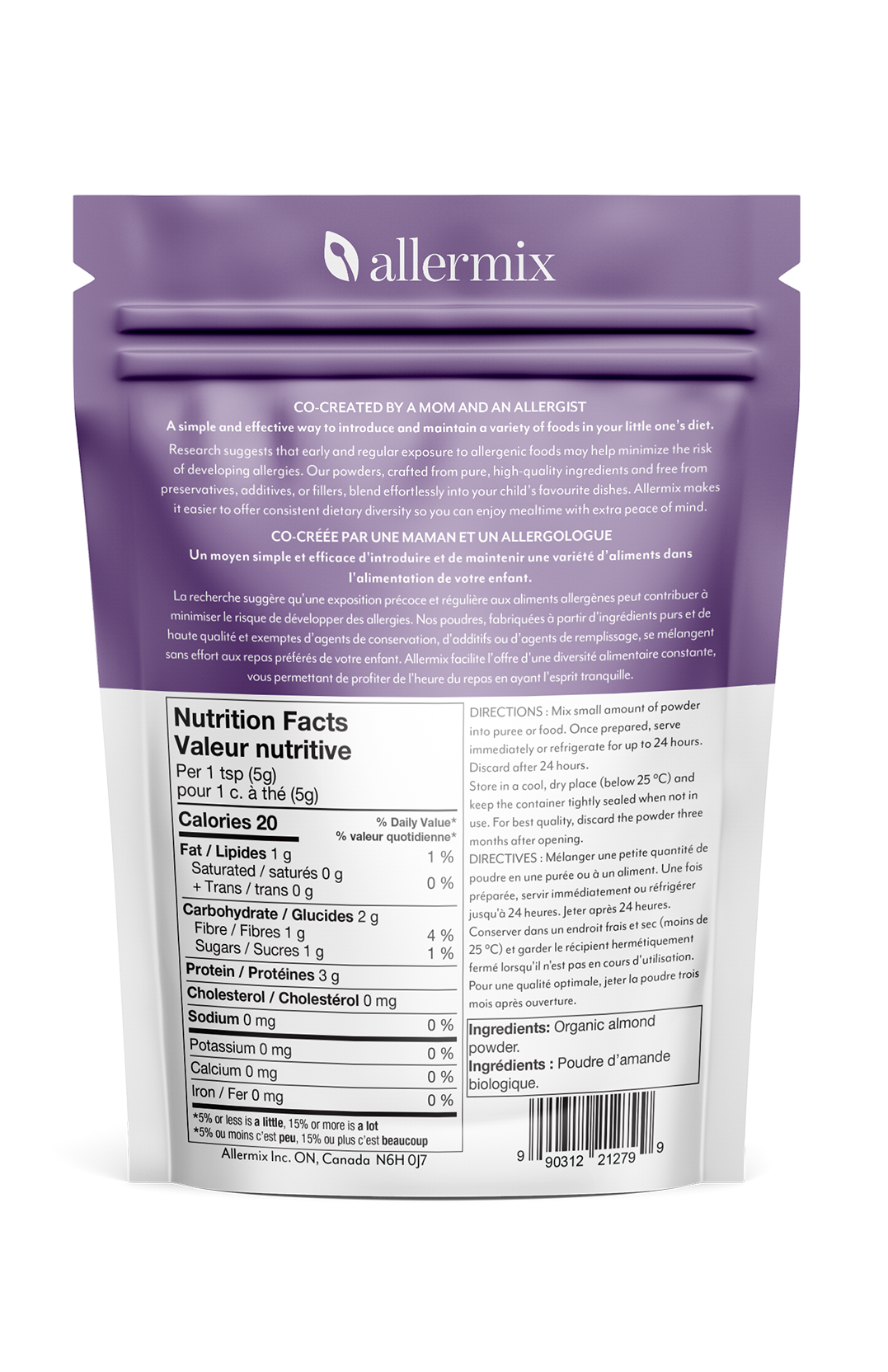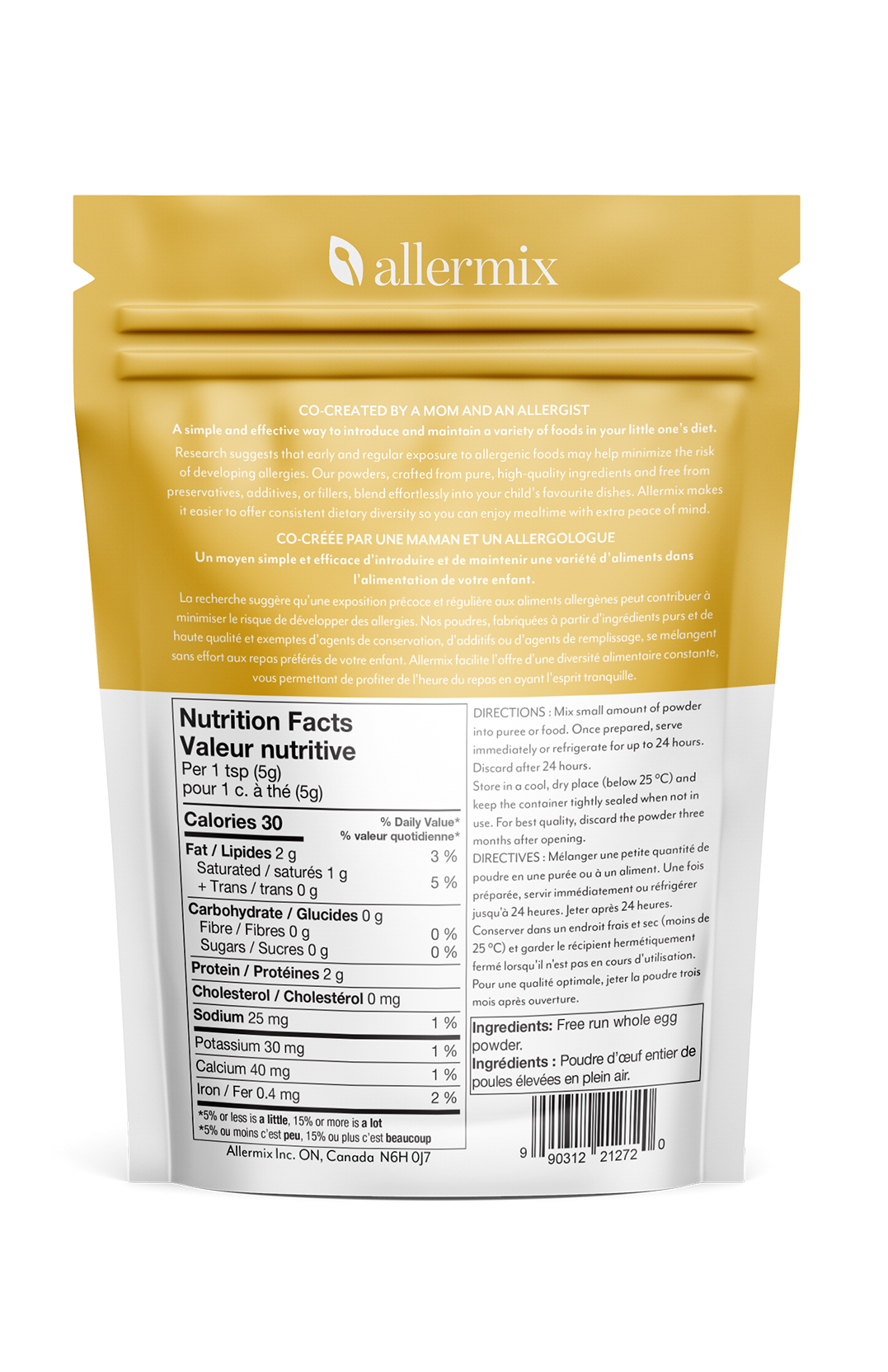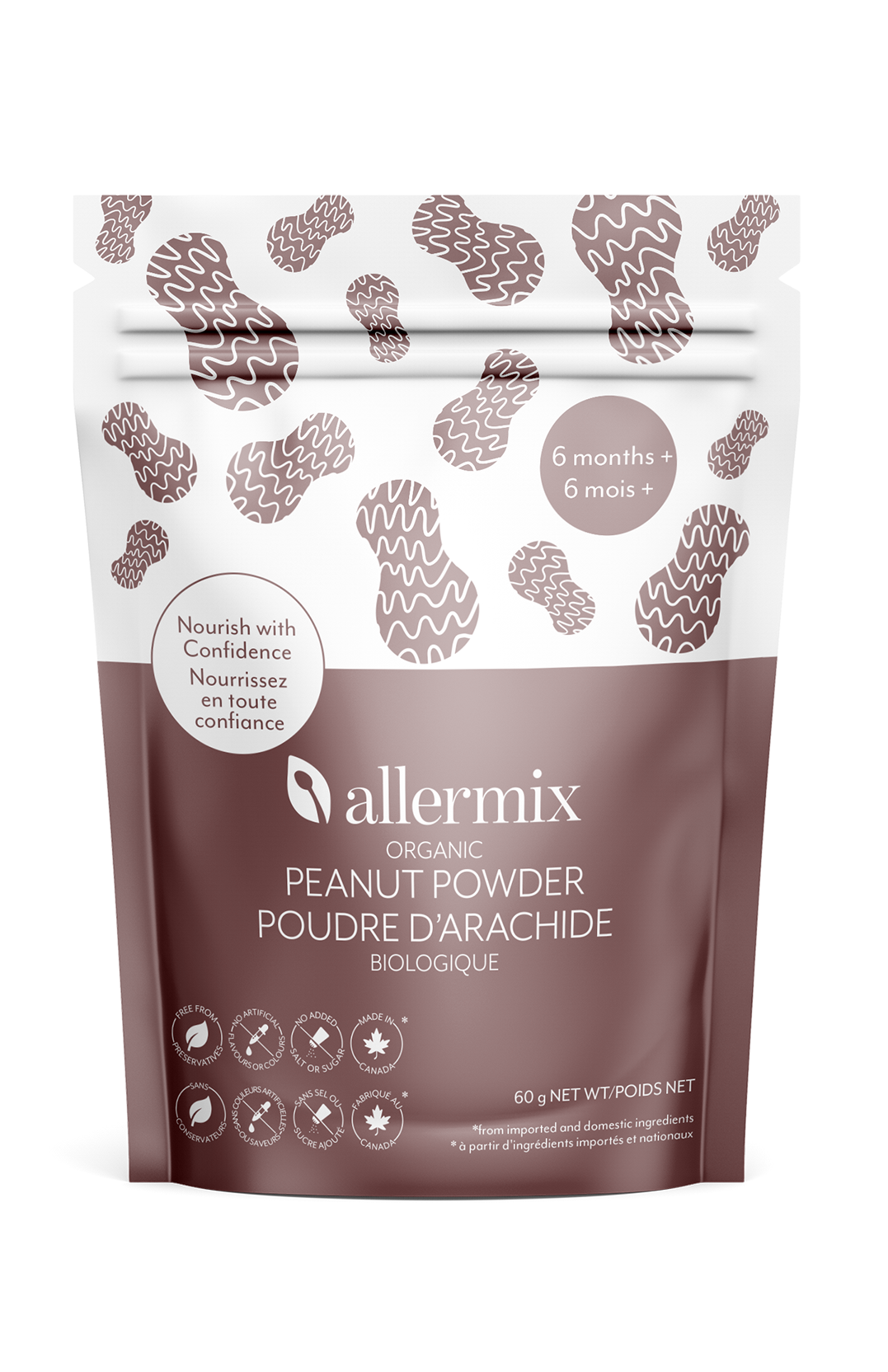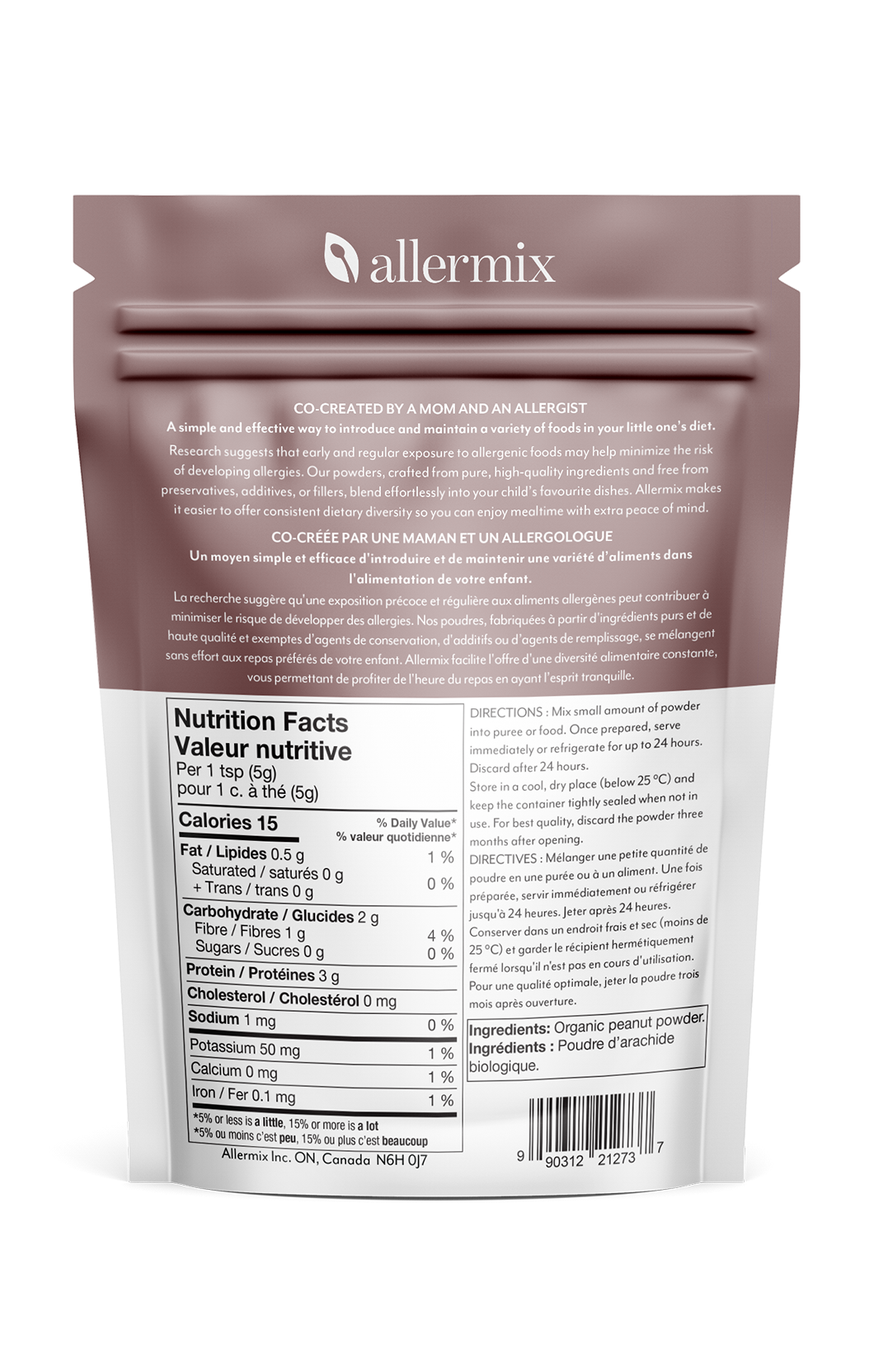Pineapple Allergy in Babies: What Parents Should Know
Reviewed by Dr. R. Zhu, MD, FRCPC, Allergist & Clinical Immunologist
Disclaimer:
This article is for general informational purposes only and is not a substitute for professional medical advice. Always consult your healthcare provider or allergist if you suspect an allergy or have concerns.
Table of Contents
- Can Babies Be Allergic to Pineapple?
- Pineapple Allergy vs. Pineapple Sensitivity
- Why Do Some Babies React to Pineapple?
- When Can I Introduce Pineapple to My Baby?
- Does a Pineapple Allergy Mean My Baby Can’t Have Other Tropical Fruits?
- Can Babies Outgrow Pineapple Allergies?
- How to Treat Pineapple Allergy Symptoms
- Make Allergen Introduction Easier with Allermix
- Final Thoughts
1. Can Babies Be Allergic to Pineapple?
Yes, although uncommon, some infants can develop a pineapple allergy. The immune system misidentifies pineapple proteins as harmful. Common symptoms of pineapple allergy include:
- Hives or a red rash
- Swelling of the lips, tongue, or face
- Vomiting or diarrhea
- Wheezing or nasal congestion
2. Pineapple Allergy vs. Pineapple Sensitivity
A pineapple allergy involves the immune system and can trigger serious reactions. In contrast, pineapple sensitivity is non‑immune and often presents as mild:
- Oral prickling or mild tongue irritation
- Digestive upset
- Skin redness around the mouth
Cooking or diluting pineapple can help reduce these sensitivities by breaking down the enzyme bromelain.
3. Why Do Some Babies React to Pineapple?
Pineapple contains bromelain, a proteolytic enzyme that can irritate sensitive tissues including the skin around the face, lip and tongue. Babies with delicate skin may react more strongly. Even adults can have similar reaction to bromelain.
4. When Can I Introduce Pineapple to My Baby?
Canadian feeding guidelines recommend introducing pineapple around 6 months (not before 4 months). Best practices:
- Start with well‑cooked, mashed or pureed pineapple (never chunks)
- Offer mid‑day, not before naps or bedtime
- Wait 2 hours to monitor for any reaction
- Repeat weekly to help build tolerance
5. Does a Pineapple Allergy Mean My Baby Can’t Have Other Tropical Fruits?
Not necessarily. Pineapple allergy does not typically cross‑react with fruits like mango or banana. Introduce each new fruit separately and watch for symptoms.
6. Can Babies Outgrow Pineapple Allergies?
Yes. Many infants with mild pineapple allergies or sensitivities outgrow them over time. Regular follow‑up with an allergist can guide reintroduction trials.
7. How to Treat Pineapple Allergy Symptoms
If you notice pineapple allergy symptoms:
- Stop feeding pineapple immediately
- For mild reactions, an age‑appropriate antihistamine may help (consult your provider)
- Apply a cool compress for skin swelling
- For severe symptoms (trouble breathing, throat tightness), call 911 and use an epinephrine auto‑injector if prescribed
Make Allergen Introduction Easier with Allermix
Pineapple is not a top‑10 allergen, but careful introduction is key. If you’re still struggling with priority food allergy introduction, Allermix kits, designed by a mom and an allergist, offer pre‑measured servings and step‑by‑step guidance for a stress‑free introduction:
Final Thoughts
Most babies can enjoy pineapple with proper preparation and monitoring. Go slow, watch for reactions, and consult your healthcare provider for personalized guidance if there are any concerns.








